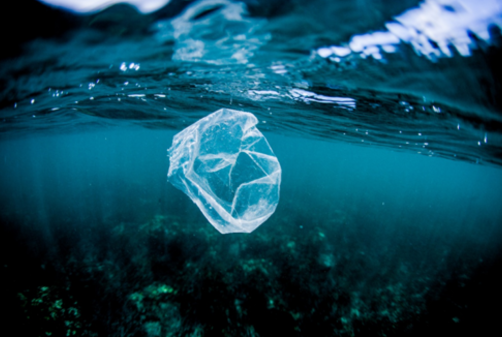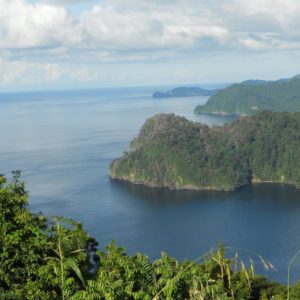By Sandy Sawh
Take a short stroll on a beach or along a river- bed and you will easily find plastic bottles, wrappers, and bags. However, plastic is just one type of pollutant. Our oceans are a liberal dumping ground for garbage, sewage, and chemicals and it has become alarmingly clear that pollutants directly impact our health.
PLASTIC POLLUTION
Numerous studies highlight the impact of plastic on the marine environment. One dizzying estimation is the projection that there would be more plastic than fish by the year 2050. Over one hundred and fourteen species have been found to contain microplastics, half of these we consume. This means that toxins are entering our food chain in ever increasing numbers.
BLUE FLAG vs PLASTIC
How can Blue Flag help? While dire, the impact of plastic pollution can be changed, restricted and hopefully one day completely reversed. Countries can implement and enforce laws, create policies, and impose new controls to deter pollutants from entering the ocean. While commendable it is a lengthy process involving a myriad of stakeholders.
Blue Flag certification reduces this timeline by immediately addressing some of the key concerns of plastic pollution. As part of its environmental management plan, it enables and instructs the operator and user to actively recycle plastic waste. It encourages a complete ban of single use plastics on its site and continuously monitors the degree of pollution at key source points.
As we all may know human activity is the primary cause of plastic pollution meaning that human action can prevent it. The Blue Flag standard assures the beach user that their actions can have a positive impact on the environment.
What can you do to safeguard our fragile ecosystem?
- You can place your recyclables in the right bin.
- Do not use single use plastics instead opt to bring your own or ensure that all disposables are made from compostable material.
And remember, you are safer at the Blue Flag Beach!
References:
Howard, J. 2019 Marine pollution, explained. A wide range of pollution—from plastic pollution to light pollution—affects marine ecosystems. https://www.nationalgeographic.com/environment/article/critical-issues-marine-pollution
Reddy, R. 2018. Plastic Pollution Affects Sea Life Throughout the Ocean. Photo document extent of the impact, which extends to the seafood people eat.
Huzar, T. 2020. Is there a link between ocean pollution and damage to human health?



